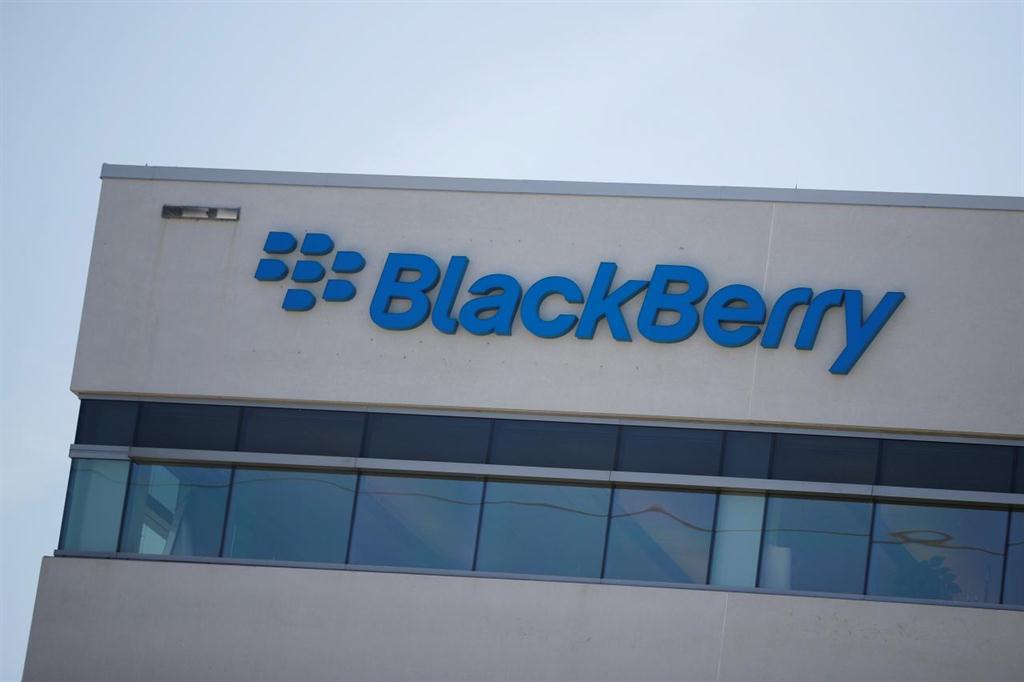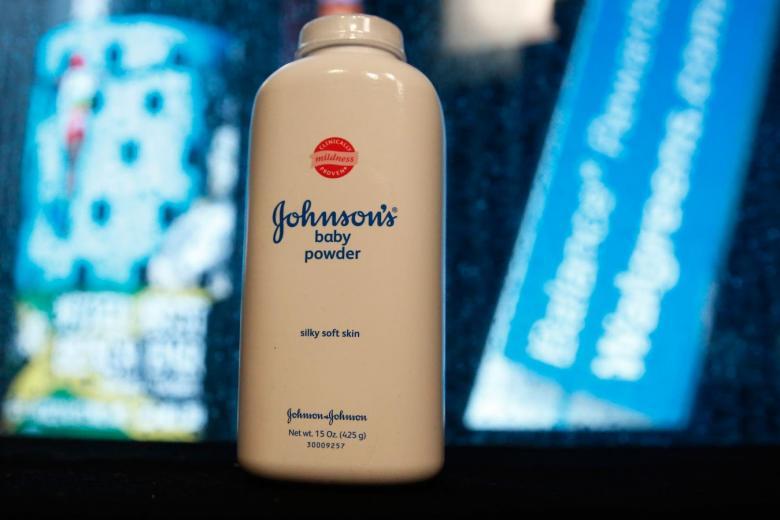Company news in brief
Rio Tinto, Nespresso join forces
Nespresso, part of food giant Nestle, aims to use sustainable aluminum in all of its coffee capsules by 2020 under a deal with mining major Rio Tinto announced on Monday.
Both companies have faced criticism for adding to pressure on the planet, with campaigners saying Nespresso coffee machines are wasteful and many of the used capsules end up in landfill.
Under the deal, Anglo-Australian Rio Tinto will supply aluminum produced with renewable power and respect for biodiversity to Nespresso, the world leader in the coffee pod market.
The companies are seeking to position themselves as sustainable to boost their investor and customer appeal, and Nespresso has committed to 100% sustainable aluminum for its capsules by 2020, Rio Tinto said in a statement released on Monday Australia time.
Rio Tinto Chief Executive Jean-Sebastien Jacques said last month that miners needed new partnerships as the sector competes for talent and seeks to improve its image.
Its aluminum assets use hydropower - for economic as well as environmental reasons - and in April the miner became the world's first producer of aluminum to be certified by the Aluminium Stewardship Initiative (ASI).
-Nampa/Reuters
BlackBerry to buy cybersecurity firm
BlackBerry Ltd raised its bets on artificial intelligence and cybersecurity on Friday with the US$1.4 billion purchase of California-based machine-learning specialists Cylance.
The Canadian technology company, which dominated the smartphone market a decade ago, has shifted to selling software to manage mobile devices, as well as emerging areas like autonomous cars.
Privately owned Cylance uses machine learning to preempt security breaches before they occur. Its applications seek to block malware or infiltration attempts rather than react after a breach.
Cylance, which has over 3 500 active enterprise customers, had been considering filing for a stock market floatation, according to a report in Business Insider.
“Cylance's leadership in artificial intelligence and cybersecurity will immediately complement our entire portfolio,” BlackBerry CEO John Chen said in a statement.
The California-based company's chief executive Stuart McClure, in turn, said it would be able to leverage Blackberry's strength in mobile communications and security to adapt its AI technology.
Besides the US$1.4 billion that BlackBerry will pay, the deal also includes the assumption of Cylance's unvested employee incentives, BlackBerry said.
-Nampa/Reuters
Failed verdict in J&J South Carolina talc trial
A second South Carolina jury on Thursday failed to reach a verdict in the retrial of a case by a woman whose family said her long-term use of Johnson & Johnson's baby powder led to her death from asbestos-related cancer.
The case of Bertila Boyd-Bostic, who died of a rare form of cancer in 2017 at the age of 30, is the latest in a series of trials in the United States that centre around allegations that the company's talc-based powder contains cancer-causing asbestos.
In May, a deadlocked jury at the Darlington County Court of Common Pleas in Charleston failed to reach a verdict in the first trial.
J&J, which denies the allegations, to date has lost two trials and won three in the litigation over whether Johnson's Baby Powder causes mesothelioma, a tissue cancer closely linked to asbestos exposure. Jury trials in another four mesothelioma cases have resulted in mistrials because jurors could not agree on a verdict or because the plaintiff died.
J&J, faced with some 11 700 US talc lawsuits, in a statement on Thursday said it believed the mistrials, as well as the verdicts clearing it of liability reflected the “diligent review” by juries in the cases.
-Nampa/Reuters
Sibanye faces strike threat
Sibanye Gold faces the prospect of a strike after trade union the Association of Mineworkers and Construction Union demanded a better wage offer for its members.
“AMCU has decided to go on strike,” the union said on its unverified Twitter feed. Sibanye will be given 48 hours to come back with a better offer, it said.
AMCU received permission to strike at Sibanye in September after talks deadlocked. On November 14, the gold mining company signed three-year wage agreements with a trio of other South African unions, ending months of negotiations that started in July.
It raised the basic wage for most categories of surface and underground employees by R700 rand a month in each of the first two years and by R825 rand in the third, while the housing allowance and medical benefits were also increased.
Sibanye shares have slumped 39% this year, compared with a 14% decline on the FTSE/JSE Africa Gold Mining Index.
-Fin24
Pioneer Foods profit rises
South Africa's Pioneer Foods Group posted a 27% jump in full-year profit boosted by higher volumes and growth in revenue.
The food and beverage company, which uses maize in many of its food products, said the milling and baking segments of Essential Foods business were under pressure in the second half of the year due to increased competition, consumer down-trading and increased cost pressure due to a weakening currency.
“Pioneer Foods delivered positive volume and revenue growth at supportive price points whilst maintaining cost discipline and efficiency gains to improve margin and earnings delivery over the weak corresponding period,” Pioneer said in a statement.
The food producer said it expects muted consumption growth in the short to medium future on the back of inflationary pressure, driven by continuing rand weakness and higher international oil prices.
Diluted adjusted headline earnings per share (HEPS) for the year ended Sept. 30 rose to 525.7 cents from 414.6 cents a year earlier, when the firm was hit by high maize prices following a severe drought, it said.
HEPS is the main profit measure used in South Africa which strips out certain one-off items.
Revenue for the period increased by 3% to 20.2 billion rand (US$1.44 billion).
- Nampa/Reuters
Nespresso, part of food giant Nestle, aims to use sustainable aluminum in all of its coffee capsules by 2020 under a deal with mining major Rio Tinto announced on Monday.
Both companies have faced criticism for adding to pressure on the planet, with campaigners saying Nespresso coffee machines are wasteful and many of the used capsules end up in landfill.
Under the deal, Anglo-Australian Rio Tinto will supply aluminum produced with renewable power and respect for biodiversity to Nespresso, the world leader in the coffee pod market.
The companies are seeking to position themselves as sustainable to boost their investor and customer appeal, and Nespresso has committed to 100% sustainable aluminum for its capsules by 2020, Rio Tinto said in a statement released on Monday Australia time.
Rio Tinto Chief Executive Jean-Sebastien Jacques said last month that miners needed new partnerships as the sector competes for talent and seeks to improve its image.
Its aluminum assets use hydropower - for economic as well as environmental reasons - and in April the miner became the world's first producer of aluminum to be certified by the Aluminium Stewardship Initiative (ASI).
-Nampa/Reuters
BlackBerry to buy cybersecurity firm
BlackBerry Ltd raised its bets on artificial intelligence and cybersecurity on Friday with the US$1.4 billion purchase of California-based machine-learning specialists Cylance.
The Canadian technology company, which dominated the smartphone market a decade ago, has shifted to selling software to manage mobile devices, as well as emerging areas like autonomous cars.
Privately owned Cylance uses machine learning to preempt security breaches before they occur. Its applications seek to block malware or infiltration attempts rather than react after a breach.
Cylance, which has over 3 500 active enterprise customers, had been considering filing for a stock market floatation, according to a report in Business Insider.
“Cylance's leadership in artificial intelligence and cybersecurity will immediately complement our entire portfolio,” BlackBerry CEO John Chen said in a statement.
The California-based company's chief executive Stuart McClure, in turn, said it would be able to leverage Blackberry's strength in mobile communications and security to adapt its AI technology.
Besides the US$1.4 billion that BlackBerry will pay, the deal also includes the assumption of Cylance's unvested employee incentives, BlackBerry said.
-Nampa/Reuters
Failed verdict in J&J South Carolina talc trial
A second South Carolina jury on Thursday failed to reach a verdict in the retrial of a case by a woman whose family said her long-term use of Johnson & Johnson's baby powder led to her death from asbestos-related cancer.
The case of Bertila Boyd-Bostic, who died of a rare form of cancer in 2017 at the age of 30, is the latest in a series of trials in the United States that centre around allegations that the company's talc-based powder contains cancer-causing asbestos.
In May, a deadlocked jury at the Darlington County Court of Common Pleas in Charleston failed to reach a verdict in the first trial.
J&J, which denies the allegations, to date has lost two trials and won three in the litigation over whether Johnson's Baby Powder causes mesothelioma, a tissue cancer closely linked to asbestos exposure. Jury trials in another four mesothelioma cases have resulted in mistrials because jurors could not agree on a verdict or because the plaintiff died.
J&J, faced with some 11 700 US talc lawsuits, in a statement on Thursday said it believed the mistrials, as well as the verdicts clearing it of liability reflected the “diligent review” by juries in the cases.
-Nampa/Reuters
Sibanye faces strike threat
Sibanye Gold faces the prospect of a strike after trade union the Association of Mineworkers and Construction Union demanded a better wage offer for its members.
“AMCU has decided to go on strike,” the union said on its unverified Twitter feed. Sibanye will be given 48 hours to come back with a better offer, it said.
AMCU received permission to strike at Sibanye in September after talks deadlocked. On November 14, the gold mining company signed three-year wage agreements with a trio of other South African unions, ending months of negotiations that started in July.
It raised the basic wage for most categories of surface and underground employees by R700 rand a month in each of the first two years and by R825 rand in the third, while the housing allowance and medical benefits were also increased.
Sibanye shares have slumped 39% this year, compared with a 14% decline on the FTSE/JSE Africa Gold Mining Index.
-Fin24
Pioneer Foods profit rises
South Africa's Pioneer Foods Group posted a 27% jump in full-year profit boosted by higher volumes and growth in revenue.
The food and beverage company, which uses maize in many of its food products, said the milling and baking segments of Essential Foods business were under pressure in the second half of the year due to increased competition, consumer down-trading and increased cost pressure due to a weakening currency.
“Pioneer Foods delivered positive volume and revenue growth at supportive price points whilst maintaining cost discipline and efficiency gains to improve margin and earnings delivery over the weak corresponding period,” Pioneer said in a statement.
The food producer said it expects muted consumption growth in the short to medium future on the back of inflationary pressure, driven by continuing rand weakness and higher international oil prices.
Diluted adjusted headline earnings per share (HEPS) for the year ended Sept. 30 rose to 525.7 cents from 414.6 cents a year earlier, when the firm was hit by high maize prices following a severe drought, it said.
HEPS is the main profit measure used in South Africa which strips out certain one-off items.
Revenue for the period increased by 3% to 20.2 billion rand (US$1.44 billion).
- Nampa/Reuters










Comments
Namibian Sun
No comments have been left on this article